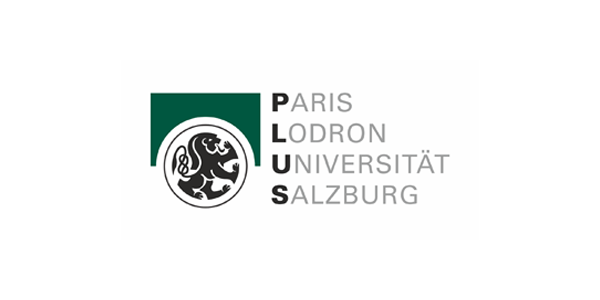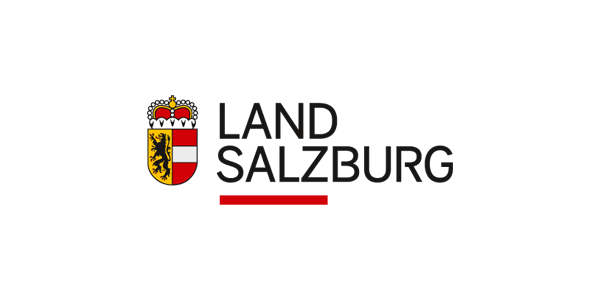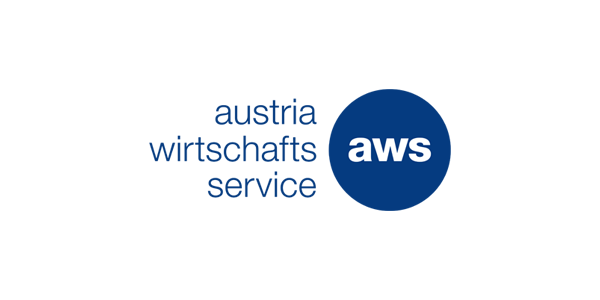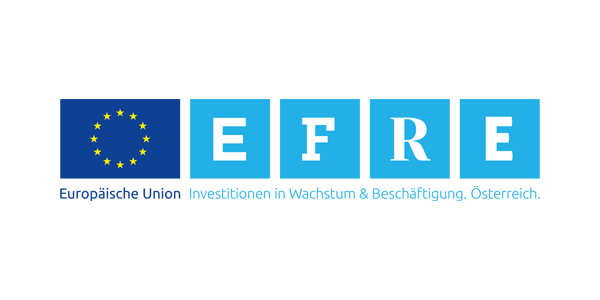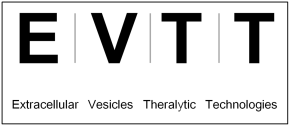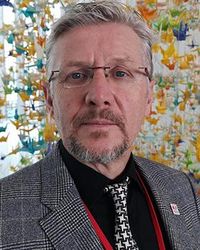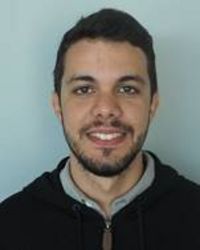ExCT - Institute of Experimental and Clinical Cell Therapy
Director: Univ.-Prof. Dr. Dirk Strunk
Induced pluripotent stem cell (iPSC) as a tool for the production of therapeutically active extracellular vesicles (EVs) in regenerative medicine
Stem cells secrete paracrine factors including EVs that are important in cellular communication and can support the regeneration of injured tissues. Reduced oxygen conditions (hypoxia) are crucial for proliferation and self-renewal of stem cells. As hypoxia is a key regulator in development / regeneration it may also be an important factor influencing cellular communication via EVs. Therefore, we will investigate whether hypoxic pre-conditioning can impact iPSC-EV quantity and/or quality (phenotype and cargo) & thus have an impact for EV-based therapy. In a second series of experiments we will compare iPSC-derived EVs with that of their differentiated progeny to determine the impact of cell lineage specification on EV number, phenotype, cargo and function. [see homepage]
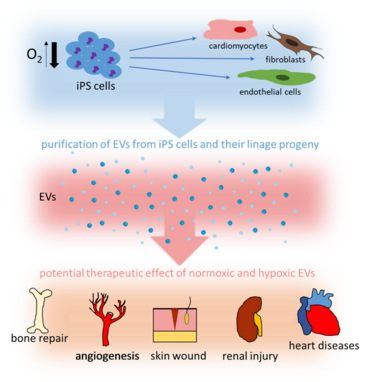
Transfer
- establishment of iPSC culture with different hypoxia conditions
- optimize conditions for iPSC-EV production
- large scale iPSC-EV GMP-compatible production

